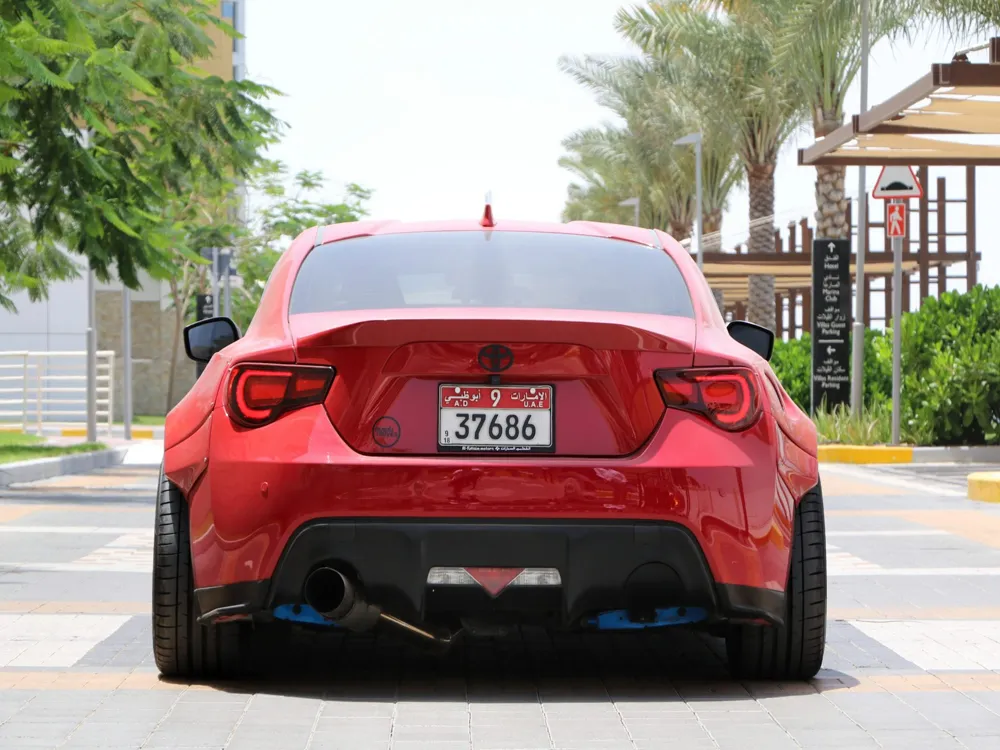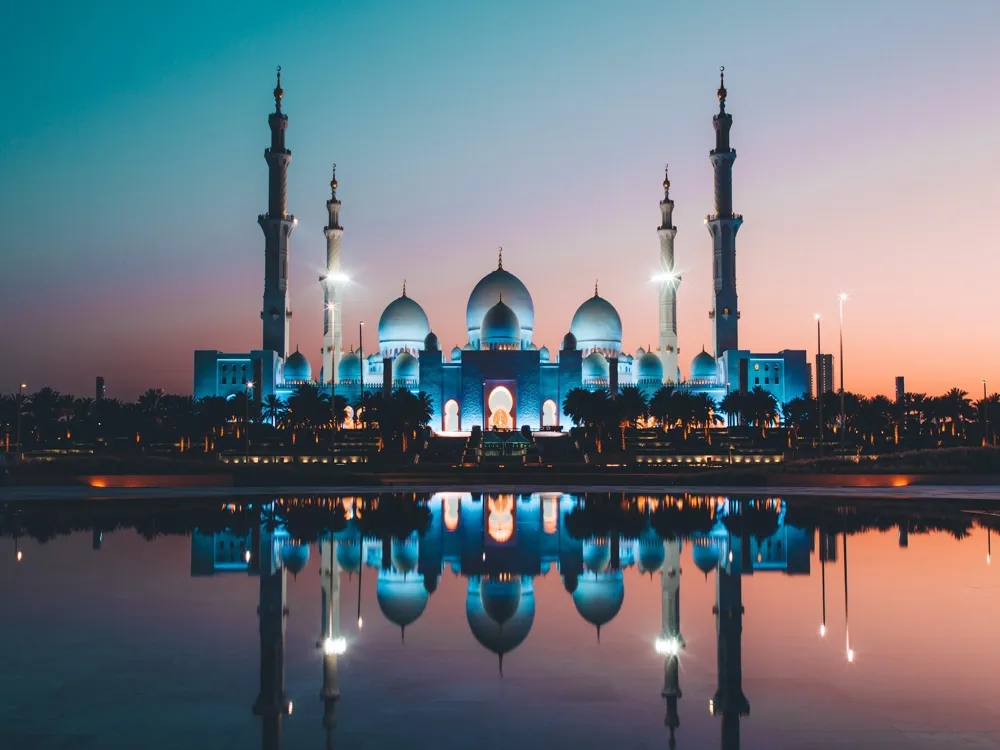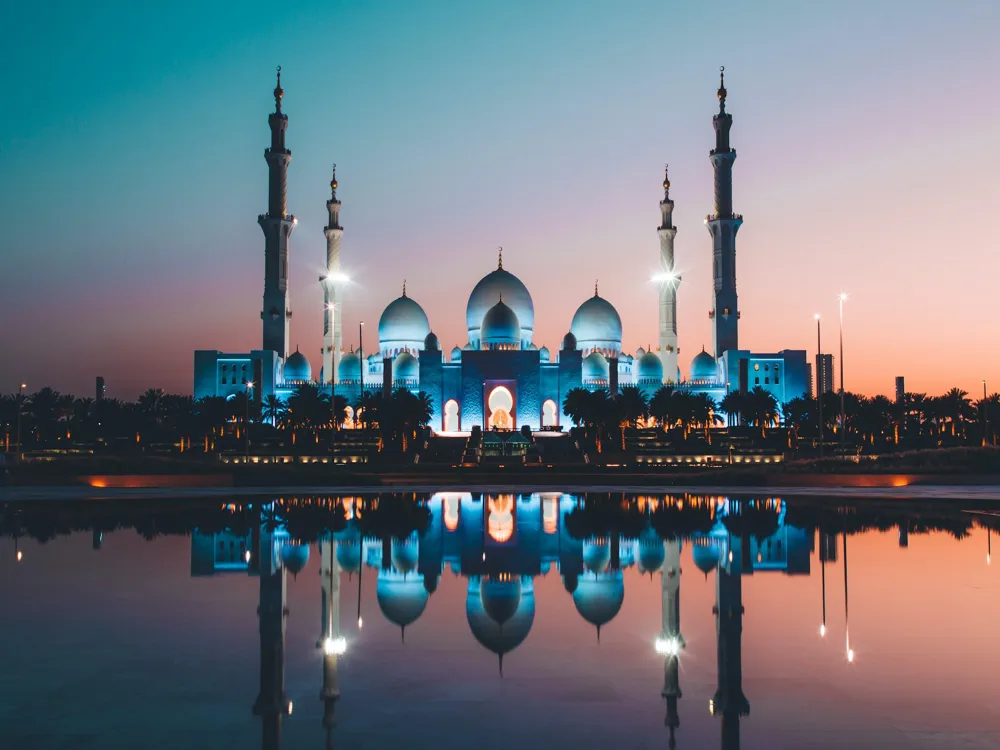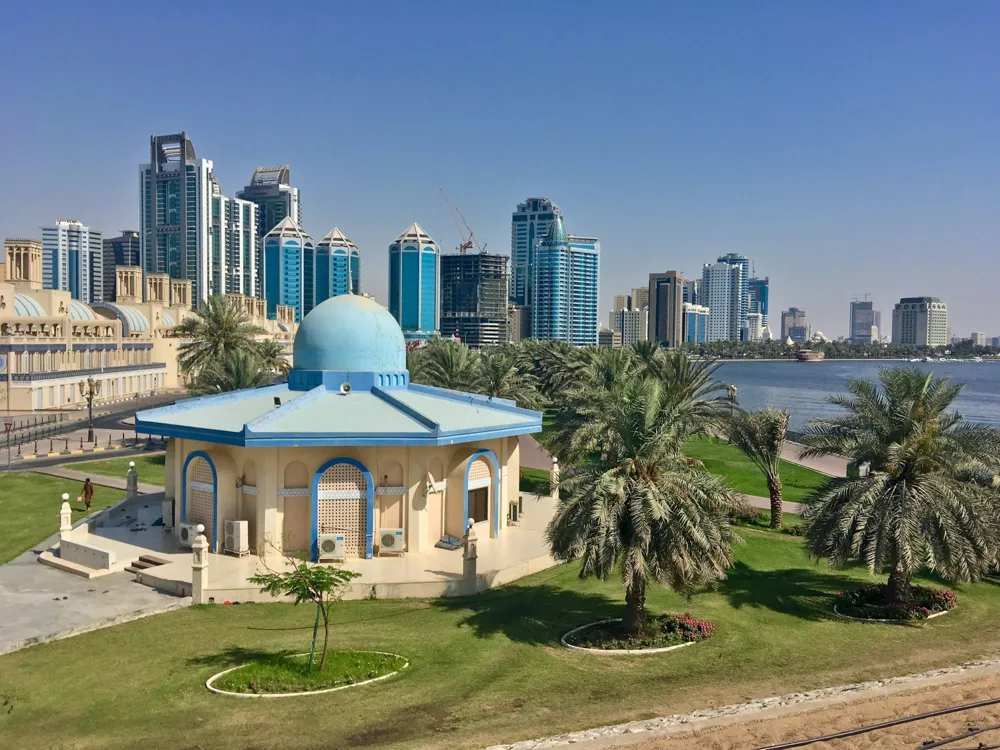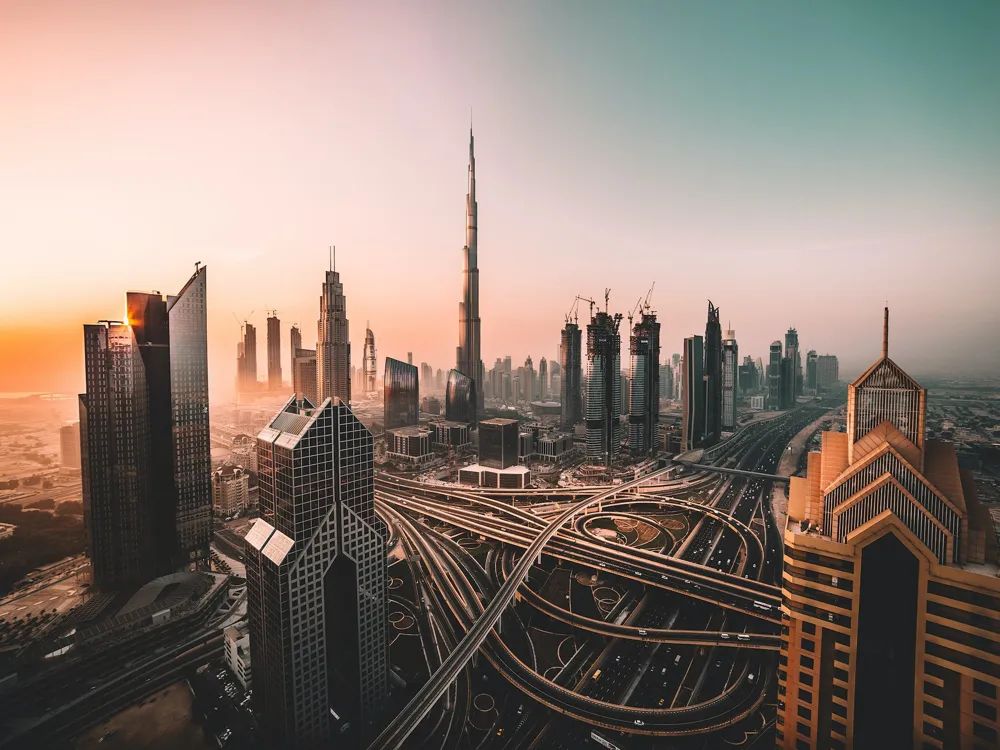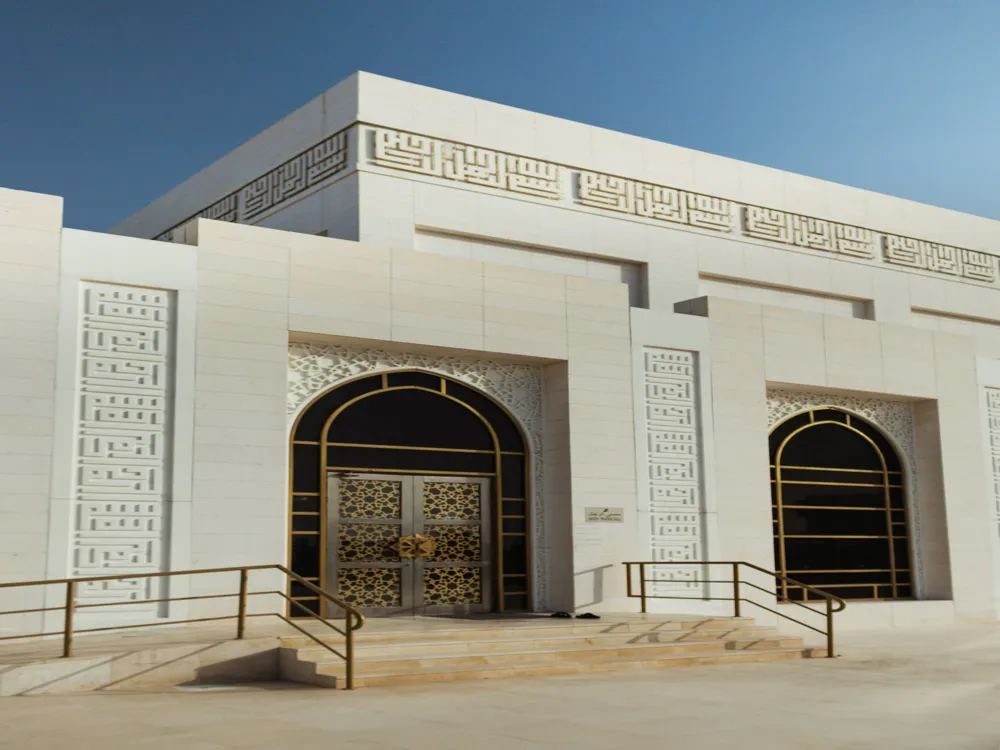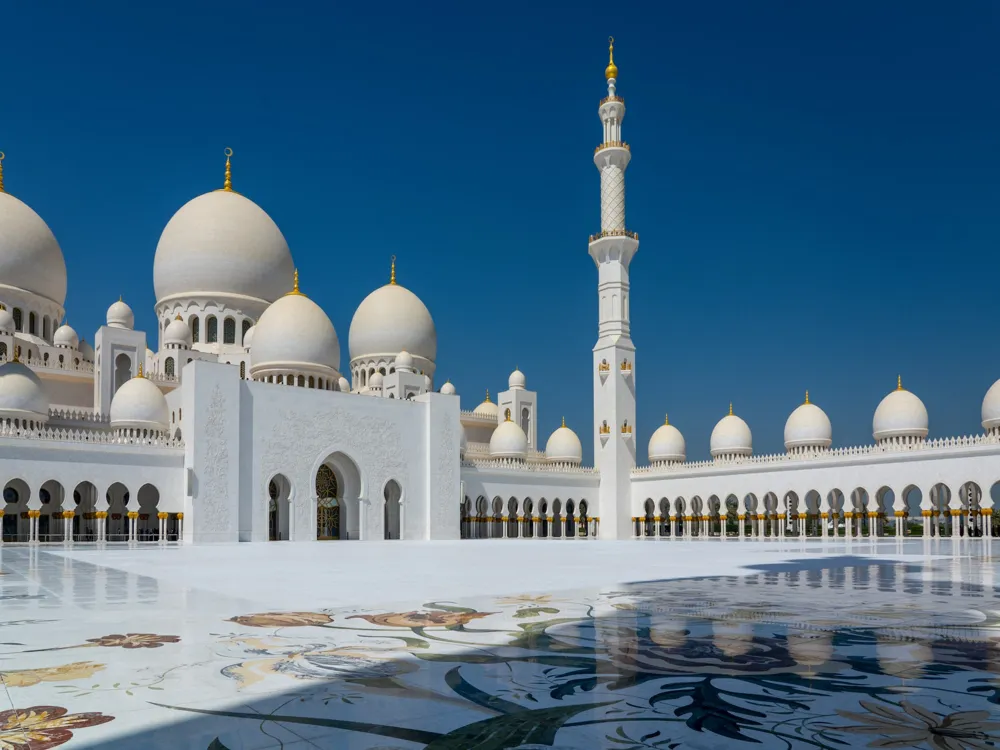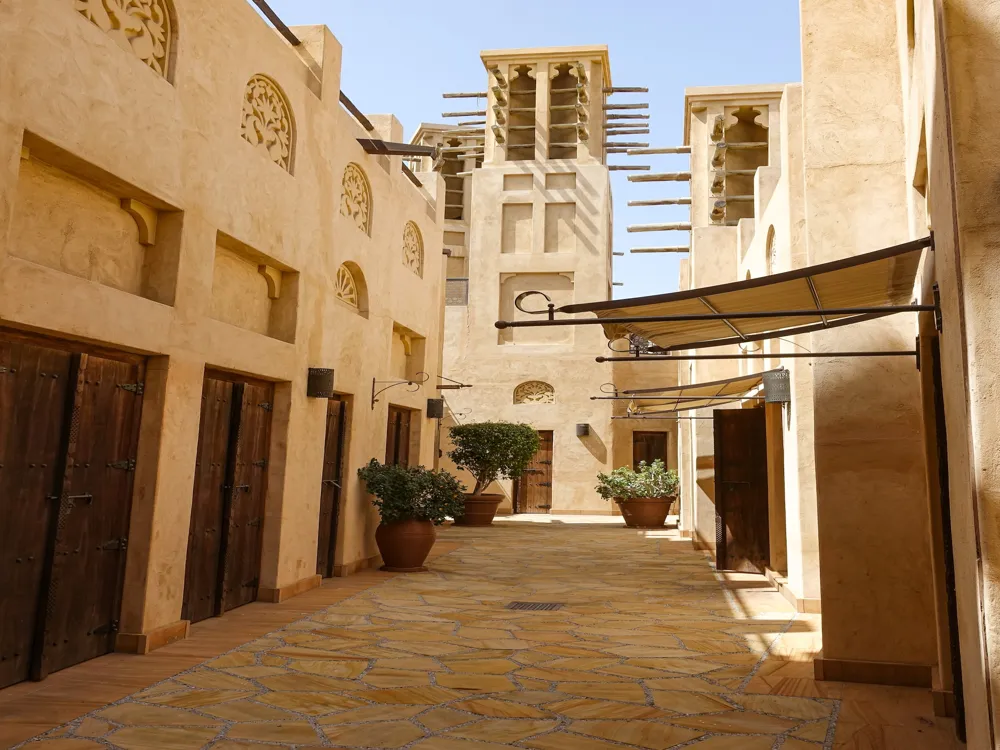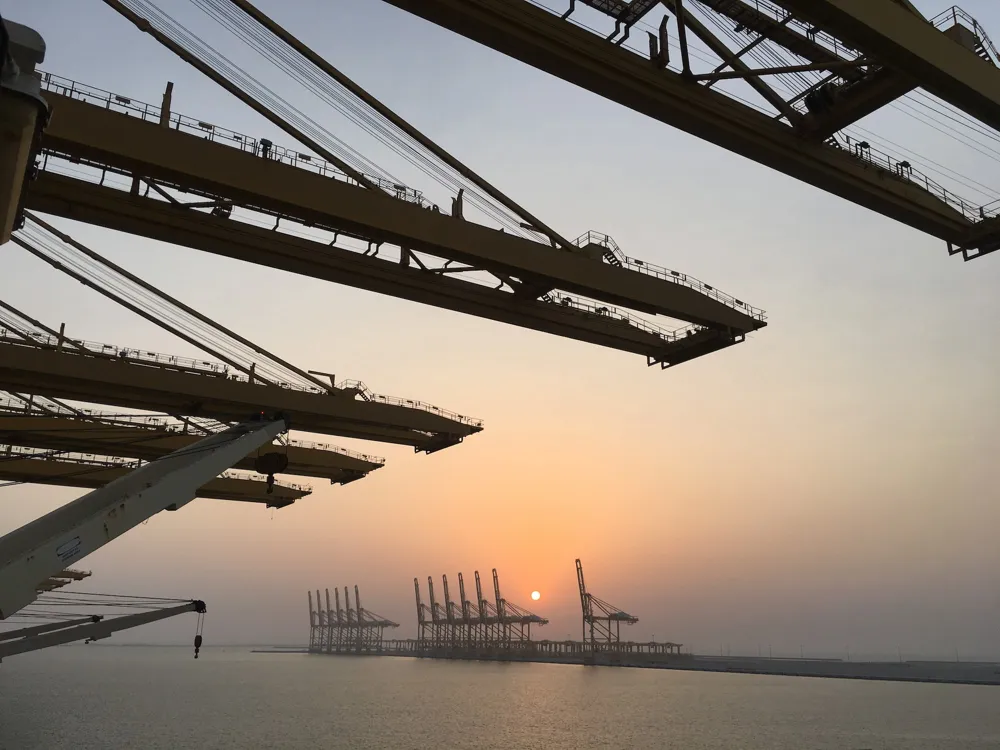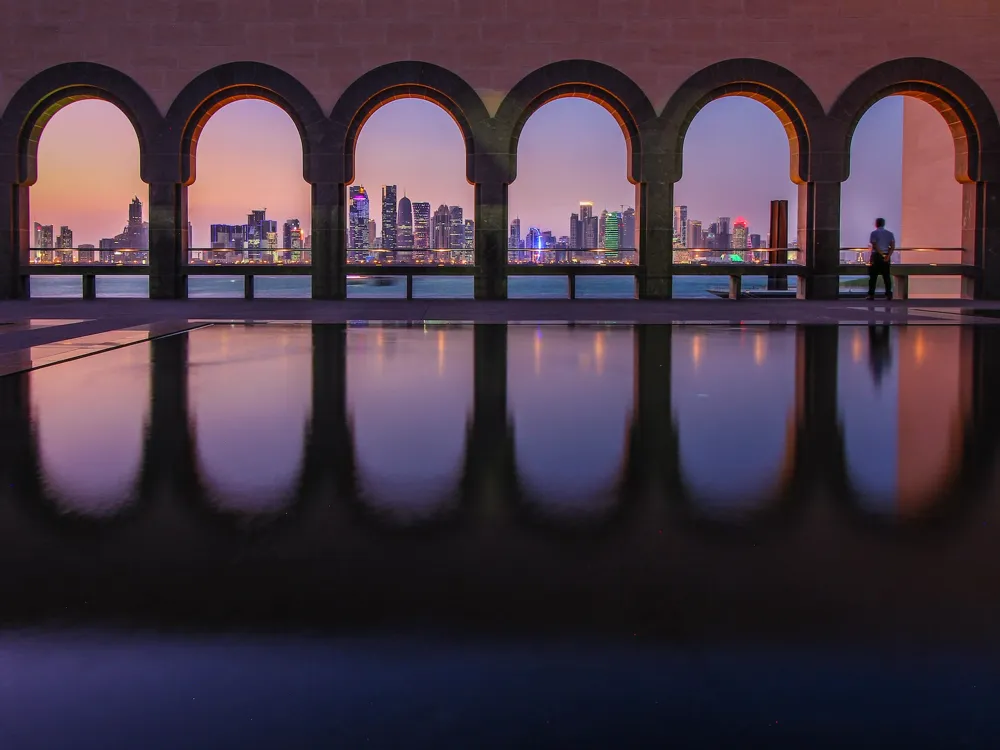Abu Dhabi, the capital city of the United Arab Emirates, is a blend of stunning Arabian culture and modern luxury. This bustling metropolis is not only an administrative center but also a key player in the world of art, culture, and sports. Renowned for its warm Arabian hospitality, Abu Dhabi offers a unique experience where tradition meets the 21st century. The city's roots can be traced back to a small fishing village, but today, it stands as a vibrant and cosmopolitan city with a diverse population. One of the most striking features of Abu Dhabi is its commitment to sustainable development. This is evident in its urban planning, infrastructure, and eco-friendly projects. The city's skyline, dotted with awe-inspiring skyscrapers, is a testament to its rapid development and architectural innovation. However, amidst this modernity, the city's rich history is meticulously preserved in its museums, traditional markets (souks), and the majestic Sheikh Zayed Grand Mosque. Abu Dhabi is also a hub for sports and leisure activities. The city hosts the Formula 1 Grand Prix at the Yas Marina Circuit, and its golf courses are among the world's best. For those seeking relaxation, the city's Corniche offers a picturesque waterfront with parks, play areas, and a beachfront. Furthermore, Abu Dhabi's culinary scene is as diverse as its population, offering everything from traditional Emirati dishes to a variety of international cuisines. For travelers, Abu Dhabi is more than just a destination; it's an experience that combines luxury, history, and a glimpse into the future of a city that respects its past while embracing the new. With its warm climate, stunning landscapes, and a plethora of activities, Abu Dhabi promises an unforgettable visit. Abu Dhabi's architecture is a fascinating blend of traditional Arabian designs and ultra-modern structures. The city's architectural landscape is a testament to its cultural heritage and its ambitious vision for the future. From the grandeur of the Sheikh Zayed Grand Mosque to the innovative design of the Louvre Abu Dhabi, the city's buildings are not just structures but symbols of its identity and aspirations. The Sheikh Zayed Grand Mosque, one of the largest mosques in the world, is an architectural masterpiece. Its design reflects a harmonious blend of different Islamic architectural schools. It features 82 domes, over 1,000 columns, 24-carat gold gilded chandeliers, and the world's largest hand-knotted carpet. The mosque's beauty lies not just in its size but in its intricate details and craftsmanship. Another iconic structure is the Louvre Abu Dhabi, designed by renowned architect Jean Nouvel. The museum's design is inspired by traditional Arabic architectural culture. Its most striking feature is a vast, geometric-patterned dome that creates a rain of light effect, reminiscent of palm trees' overlapping fronds in an oasis. The building is a symbol of the cultural bridge between the East and the West. Abu Dhabi's skyline is also characterized by modern skyscrapers like the Capital Gate building, which holds the Guinness World Record for the world's furthest-leaning man-made tower. These structures reflect the city's forward-thinking spirit and its ambition to create a distinct and futuristic skyline. Despite this modernity, the city has not lost sight of its roots. Traditional architectural elements, such as wind towers (Barjeel) and courtyards, are still prevalent in many buildings, providing a glimpse into the region's architectural history and its adaptation to the desert environment. In summary, Abu Dhabi's architecture is a remarkable fusion of the old and the new, creating a visually stunning landscape that tells the story of a city that reveres its past while boldly looking toward the future. The ideal time to visit Abu Dhabi is between November and March when the weather is cooler and more comfortable for outdoor activities. The city's winter is mild, with average temperatures ranging from 15 to 25 degrees Celsius. Abu Dhabi is a Muslim city, and it's important to respect local customs and traditions. Dress modestly, especially when visiting mosques or traditional neighborhoods. During the holy month of Ramadan, be mindful of fasting practices and avoid eating or drinking in public during daylight hours. Public transportation in Abu Dhabi includes buses and taxis. For more flexibility, consider renting a car, as the city is well-connected by roads. However, be aware of different traffic rules and driving styles. Arabic is the official language, but English is widely spoken, especially in tourist areas and hotels. Learning a few basic Arabic phrases can enhance your experience and help in interact with locals. Don't miss out on trying traditional Emirati cuisine, which includes dishes like Harees, Machboos, and Luqaimat. International cuisine is also readily available throughout the city. Abu Dhabi is accessible by air, land, and sea. The Abu Dhabi International Airport is well-connected with major cities around the world. For those in the UAE or neighboring countries, road trips to Abu Dhabi are popular, with well-maintained highways linking the city to other emirates and GCC countries. Additionally, Abu Dhabi's port welcomes cruise ships from various international destinations. Whether you are flying into Abu Dhabi or arriving by road or sea, the journey is part of the adventure. The city's strategic location at the crossroads of East and West makes it an accessible and appealing destination for travelers from around the globe. Read More:Overview of Abu Dhabi
Architecture of Abu Dhabi
Tips When Visiting Abu Dhabi
Best Time to Visit
Cultural Etiquette
Transportation Tips
Language and Communication
Local Cuisine
How To Reach Abu Dhabi
Deerfields Mall
Abu Dhabi
₹ 23,000 onwards
View abu-dhabi Packages
Weather :
Tags : Shopping
Timings : 9:00 AM - 12:00 AM
Time Required : 2-3 hours
Planning a Trip? Ask Your Question
Abu-dhabi Travel Packages
View All Packages For Abu-dhabi
Top Hotel Collections for Abu-dhabi

Private Pool

Luxury Hotels

5-Star Hotels

Pet Friendly
Top Hotels Near Abu-dhabi
Other Top Ranking Places In Abu-dhabi
View All Places To Visit In abu-dhabi
View abu-dhabi Packages
Weather :
Tags : Shopping
Timings : 9:00 AM - 12:00 AM
Time Required : 2-3 hours
Planning a Trip? Ask Your Question
Abu-dhabi Travel Packages
View All Packages For Abu-dhabi
Top Hotel Collections for Abu-dhabi

Private Pool

Luxury Hotels

5-Star Hotels

Pet Friendly









